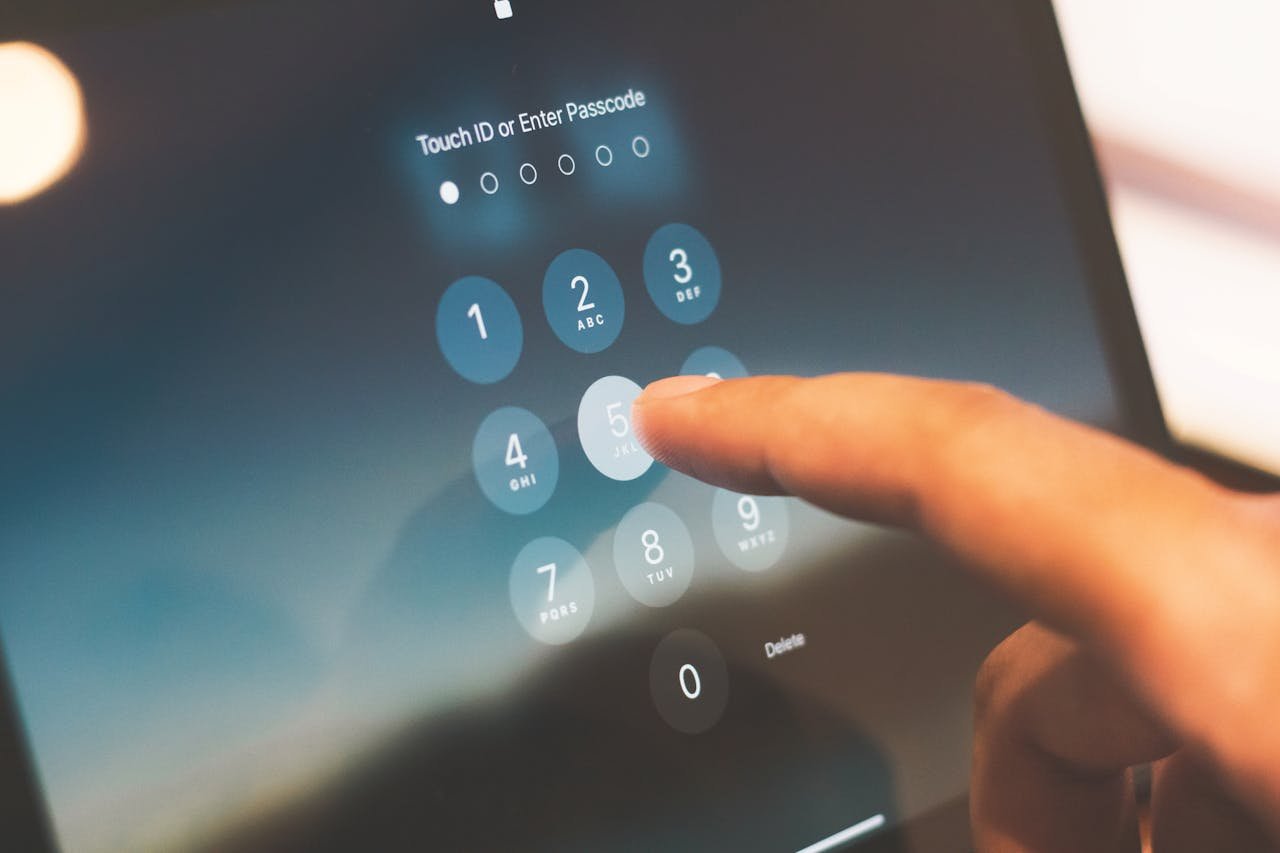Business
Help Safeguard Students in the Digital World

As the new school year begins, the Better Business Bureau (BBB) is urging parents to be vigilant about their children’s online safety. With students increasingly relying on mobile devices for homework and communication, the risk of falling prey to online scams rises significantly.
BBB highlights five critical areas where students may be particularly vulnerable: unauthorized account creation, contests and giveaways, phishing attempts, app-related risks, and file-sharing sites. Each of these areas presents unique challenges that require parental oversight.
Social media platforms often expose children to strangers with malicious intentions. These sites frequently gather and sell user data to advertisers without consent. Kids might attempt to circumvent age restrictions by providing false birthdates, making it essential for parents to monitor their online activities closely.
Contests and giveaways may seem harmless but often serve as tactics for identity theft. Parents should supervise their children’s interactions with such offers and ensure that no banking or credit card information is accessible or shared.
Children are susceptible to junk mail and may not fully understand the consequences of clicking on dubious links or providing personal information. While some emails can be legitimate, the fallout from falling for fraud can result in significant financial loss and compromised personal security.
Apps can also pose risks, as many collect personal information or bombard users with targeted advertisements. Even seemingly free applications may have hidden costs. Children might inadvertently incur hefty bills by engaging with in-app purchases that they do not recognize as paid features.
Additionally, websites offering free media downloads often come with the risk of viruses. A child may unknowingly download malicious software, enabling cybercriminals to access sensitive information, conduct financial transactions, or even infiltrate the home Wi-Fi network.
For more information on keeping children safe online, visit www.bbb.org/all/back-to-school. The National Cybersecurity Alliance also provides resources and tips for safeguarding individuals of all ages.


















